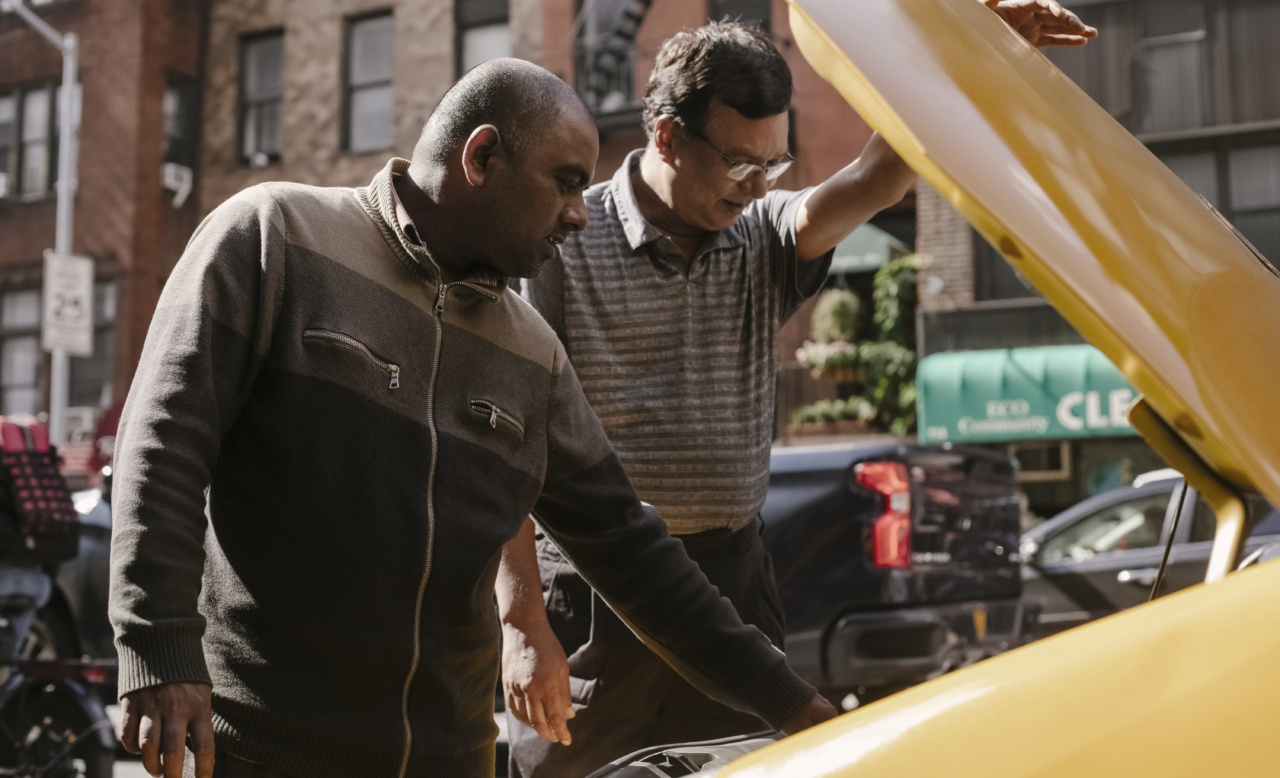Exposure to traffic noise has become a serious concern as more and more people are living in busy and noisy cities. The long-term exposure to traffic noise can cause various health problems, including hearing loss.
According to the World Health Organization (WHO), exposure to noise levels above 85 decibels for prolonged periods can cause irreversible hearing damage.
What is traffic noise?
Traffic noise is any unwanted sound produced by vehicles on the road, such as cars, trucks, buses, and motorcycles. It is one of the most dominant sources of environmental noise, especially in urban areas.
How does traffic noise affect hearing?
Exposure to traffic noise for prolonged periods can damage the sensitive hair cells in the inner ear, which are responsible for transmitting sound signals to the brain.
The damage caused by traffic noise is irreversible, meaning once the hair cells are lost, they cannot be regenerated.
The degree of hearing loss depends on the intensity, duration, and frequency of the noise exposure.
High-frequency sounds in particular, such as those produced by motorcycles or trucks with noisy exhaust systems, can cause more damage than low-frequency sounds.
Who is at risk of hearing damage from traffic noise?
Everyone who is exposed to traffic noise is at risk of hearing damage. However, some individuals are more susceptible than others. People who live or work in noisy areas, such as near major highways or busy intersections, are at greater risk.
Workers in industries such as construction, transportation, and manufacturing are also at high risk due to their exposure to occupational noise.
Children, in particular, are vulnerable to hearing damage as their auditory system is not fully developed. Exposure to traffic noise during pregnancy can also affect the unborn child’s hearing.
Additionally, older adults may be more susceptible to hearing damage from traffic noise due to age-related hearing loss.
What are the symptoms of hearing damage?
Hearing damage caused by traffic noise can occur gradually over time, making it difficult to notice. However, some common symptoms of hearing damage include:.
- Trouble understanding speech in noisy environments
- Muffling of speech and other sounds
- Tinnitus (ringing, buzzing, or hissing sounds in the ears)
- Difficulty hearing high-frequency sounds
- Increased sensitivity to loud noises
How can hearing damage from traffic noise be prevented?
The best way to prevent hearing damage from traffic noise is to avoid exposure to high levels of noise whenever possible. Below are some ways to reduce exposure to traffic noise:.
- Wear hearing protection such as earplugs or earmuffs when in noisy environments
- Avoid walking or cycling along busy roads during peak traffic times
- Choose quieter routes to travel to work or school
- Install soundproofing materials in homes, schools, and workplaces to reduce noise levels
- Reduce noise levels at the source, such as by implementing noise-reducing technologies on vehicles or using quieter road surfaces
Conclusion
Hearing damage from traffic noise is a serious concern, and long-term exposure to traffic noise can cause irreversible hearing damage. Everyone who is exposed to traffic noise is at risk of hearing damage.
However, by taking precautions such as wearing hearing protection and reducing exposure to noisy environments, it is possible to prevent or reduce hearing damage from traffic noise.




























